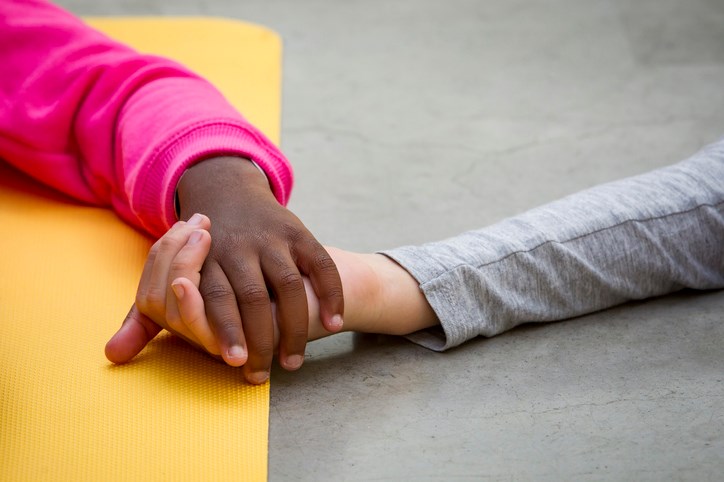“You’ll catch more flies with honey than vinegar.” Google says that “means it is a good idea to be nice to others. You can win over people more easily by being polite and kind. Being mean or unpleasant is like being full of vinegar. You will push more people away by acting sour or bitter.”
“A soft word turns away wrath, but a harsh word stirs up anger.” At https://www.gotquestions.org/soft-answer-turns-away-wrath.html, the explanation given of the Bible passage is as follows.
“In Proverbs 15:1, the wise choice is presented first: 'a soft answer turns away wrath.' Speaking a soft answer means responding with gentleness and patience in a way that defuses anger and keeps the situation from escalating. By contrast, 'a harsh word stirs up anger.' The unwise choice is to respond unkindly, rashly and in anger. Later, Solomon reiterates the wise and foolish options: “A hot-tempered person stirs up conflict, but the one who is patient calms a quarrel” (Proverbs 15:18).
I happened to think of these proverbs after interviewing my niece Holly on her experiences as a young Black woman, and growing up as a Black child, in a predominantly white family and white community.
Holly told me of some occasions where her “blackness” was remarked upon by others, and I myself can recall such experiences when she came to visit us in Unity. For example, when she and cousin Sharlee spent an afternoon at the swimming pool, people afterwards commented to her on having seen her at the pool. Would they have recognized a visiting young white girl, amid the myriad of children swimming and playing, well enough to ask them about their afternoon at the pool upon seeing them that evening or the next day? I think not.
Holly takes these types of remarks in stride, or is even at times amused by them. She responds with kindness, patience and politeness, if she responds at all.
Since the colour of Holly’s skin is directly connected to her race, these comments on her physical appearance could be defined as racism. She could react negatively, either openly with anger or by quietly resenting them and later bitterly complaining about them to friends and family.
I’m sure a negative reaction would result in bluntly calling someone a racist, whether to their face or behind their back. If to their face, the other person would resent it, argue they’re not and interpersonal conflict would be escalated.
I believe some credit for Holly’s positive experience growing up and living as a minority in a white family, community and culture goes to Holly herself.
What would our community and country be like if everyone practised using a “soft answer to turn away wrath,” rather than labelling the other person with derogatory terms?
“Why did you get the vaccine?”
“I believe it protects me and my family and possibly my community from getting sick,” spoken politely would be a far less confrontational response than “Why do you think? Everybody needs to get it or this pandemic will never be over! What, are you one of those crazy anti-vaxxers?!”
Or …
“Why don’t you get the vaccine?”
How about: “I don’t think it’s right for me, but I do make sure to always wear my mask when I’m around other people.” Instead of: “Are you crazy?! No way am I putting poison into my body! If you got the vaccine, you’re a sheep.”
Even our prime minister could take a lesson from Proverbs 15:1. Instead of calling the people participating in the truck convoy “a fringe minority whose views are unacceptable,” he could have met with them and had a polite conversation in order to better understand their position and the reasoning behind it.
Now, the world watches, largely helpless, as Russian troops move into Ukraine and a war begins. We can support the Red Cross in providing humanitarian aid, we can pray, we can urge our government to fast-track acceptance of Ukrainian refugees but here, in west-central Saskatchewan, we can’t do anything to stop the conflict over there.
We can, however, do our best to stop conflict in our homes, our families, our communities and even our province. We can stop labelling others with pejorative terms and start using “soft answers to turn away wrath.”




